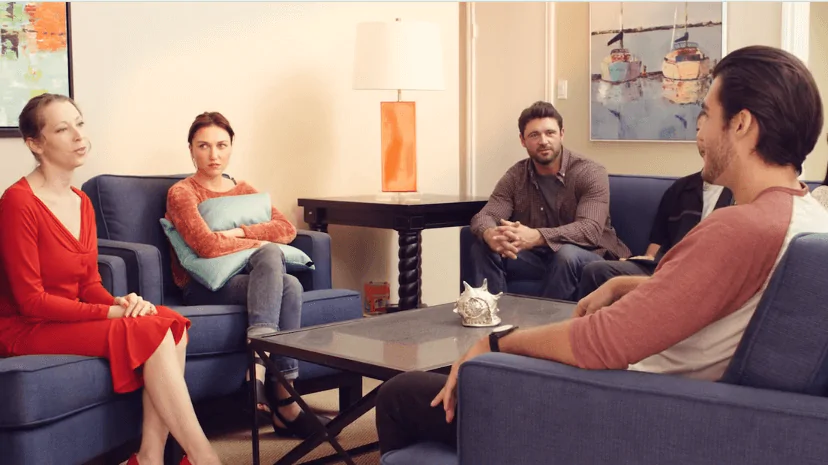24/7 Helpline:
(866) 899-221924/7 Helpline:
(866) 899-2219
Learn more about Medication-assisted Treatment centers in Marsing

Other Insurance Options
Beacon

Health Net

Magellan

MVP Healthcare

Molina Healthcare

Ambetter

State Farm

Group Health Incorporated

Optum

United Health Care

Access to Recovery (ATR) Voucher

MHNNet Behavioral Health

Cigna

Medical Mutual of Ohio

Private insurance

Optima

CareFirst

Anthem

Sliding scale payment assistance

Health Partners















